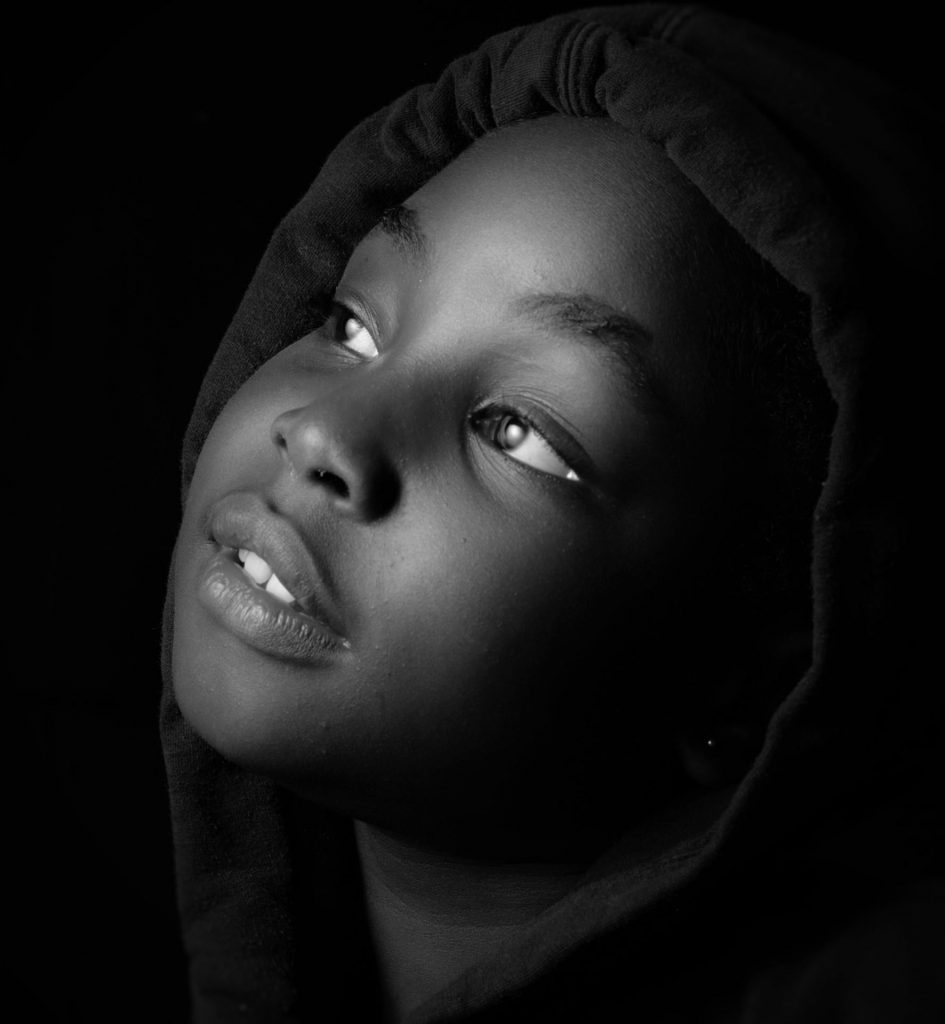This month, PNWU’s developing School of Occupational Therapy (SOT) Director of Clinical Education Jami Flick, MS OTR/L, will present her research and highlight the barriers and challenges of conducting research in the anti-trafficking movement. The three-part human trafficking series, which is free and open to the public, aims to honor Human Trafficking Awareness Month. Flick’s session, which is scheduled to take place on Thursday, January 27, from 6-7 p.m. (EST), will explore the problem of human trafficking from a research perspective.
We recently sat down with the developing SOT’s Director of Clinical Education to learn more about her ongoing research efforts (“Lived Experiences of Survivor Leaders and Survivor Advocates”) and her passion for the cause.
Your research topic is fascinating, and one that I feel personally connected to (my sister is a detective in Massachusetts and has worked on many heartbreaking human trafficking cases). Can you tell me more about your connection to this cause?
I have been involved with domestic violence programs for 20 years by volunteering at safe houses and homeless shelters for women, serving on the Board of YWCA, etc. I was completely unaware of human trafficking until 2014 when I learned about it in a Global Epidemiology course in my doctorate program.
Many people think domestic violence and human trafficking are the same. Though they have similarities, they have major differences that are crucial to understanding as an advocate and healthcare provider.
I presented my first topic on human trafficking in 2016 at the American Public Health Association conference in Denver, CO. My poster presentation was titled, “Human trafficking for sexual exploitation in Europe.” I joined HEAL Trafficking and the National Human Trafficking and Disability Working Group in 2014 and have been involved in the anti-trafficking movement since that point.

How does the issue of human trafficking relate to occupational therapy? To the mission of PNWU as a whole?
I think OT is a missing ingredient in anti-trafficking initiatives and programming. All programming should be survivor-led, survivor informed, and I believe OT can help augment and complement programs that support survivors.
From a recovery standpoint, OT’s play a critical role in supporting survivors during the healing process through therapeutic groups on coping skills, resiliency/empowerment building, and addressing self-love, self-care, and restoring one’s self-identity. In addition, OTs use therapeutic means and occupations to help survivors learn and use life skills (i.e., home and money management), vocational skills, and health management. People are literally stunted in their growth and development, in particular, if trafficking and exploitation take place at a young age. It takes a village to walk with survivors in their journey to becoming thrivers.
OTs are trauma-informed, knowledgeable in mental health and behavioral health, and understand the biopsychosocial needs of survivors. OT’s also can support the prevention of human trafficking through identifying risk factors and working with at-risk populations to educate them on trafficker tactics and empowerment/protective factors to not fall prey to trafficking.
How does it relate directly to the mission and vision of PNWU?
Our mission in OT and PNWU is to serve rural, underserved populations. Rural communities are behind the curve when addressing human trafficking. I can’t tell you how many times I’ve heard people from rural communities tell me, “That just doesn’t happen here.” In reality, rural communities are prime targets for labor and sex traffickers. We all need to know the signs of trafficking and commit to doing something about it.


